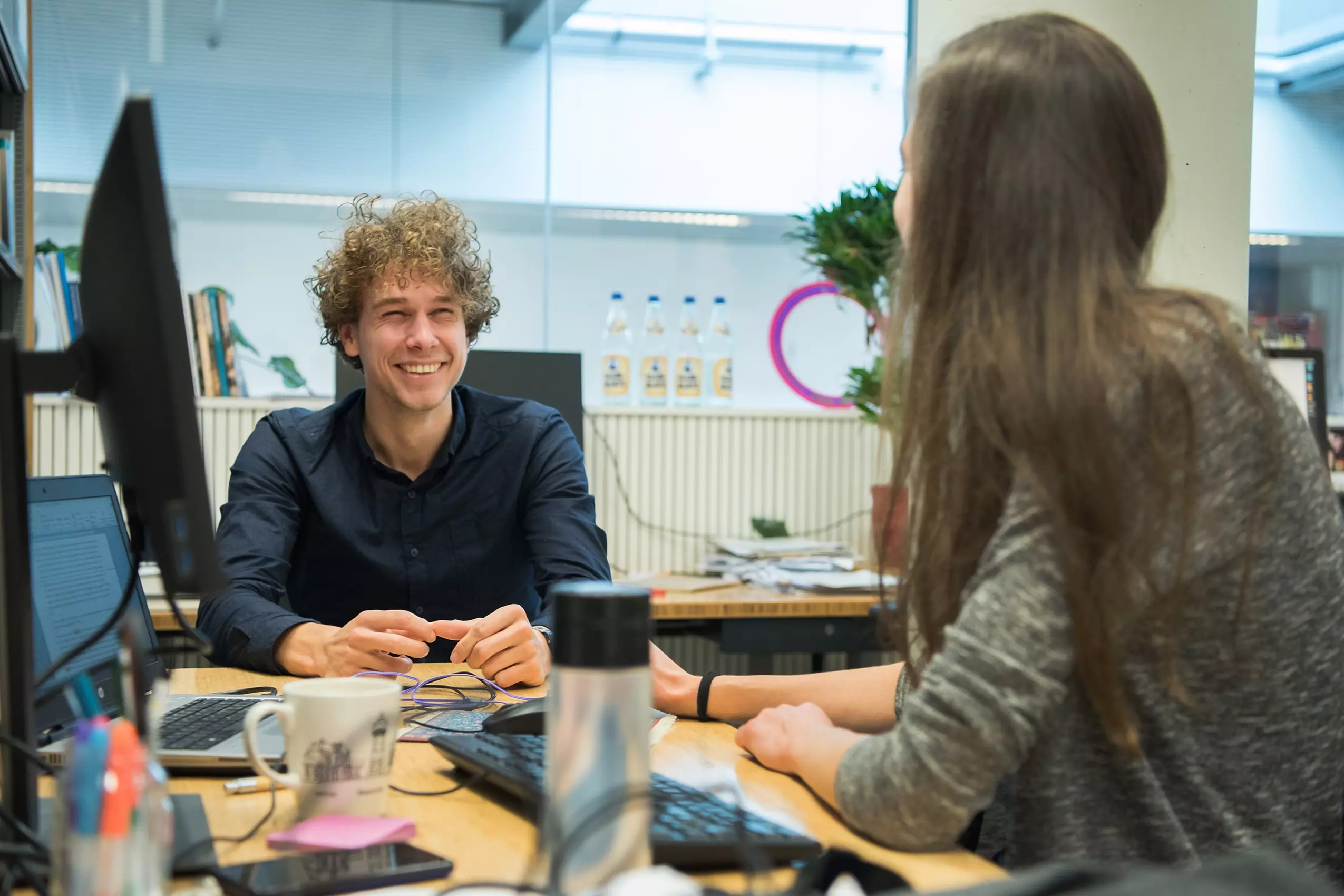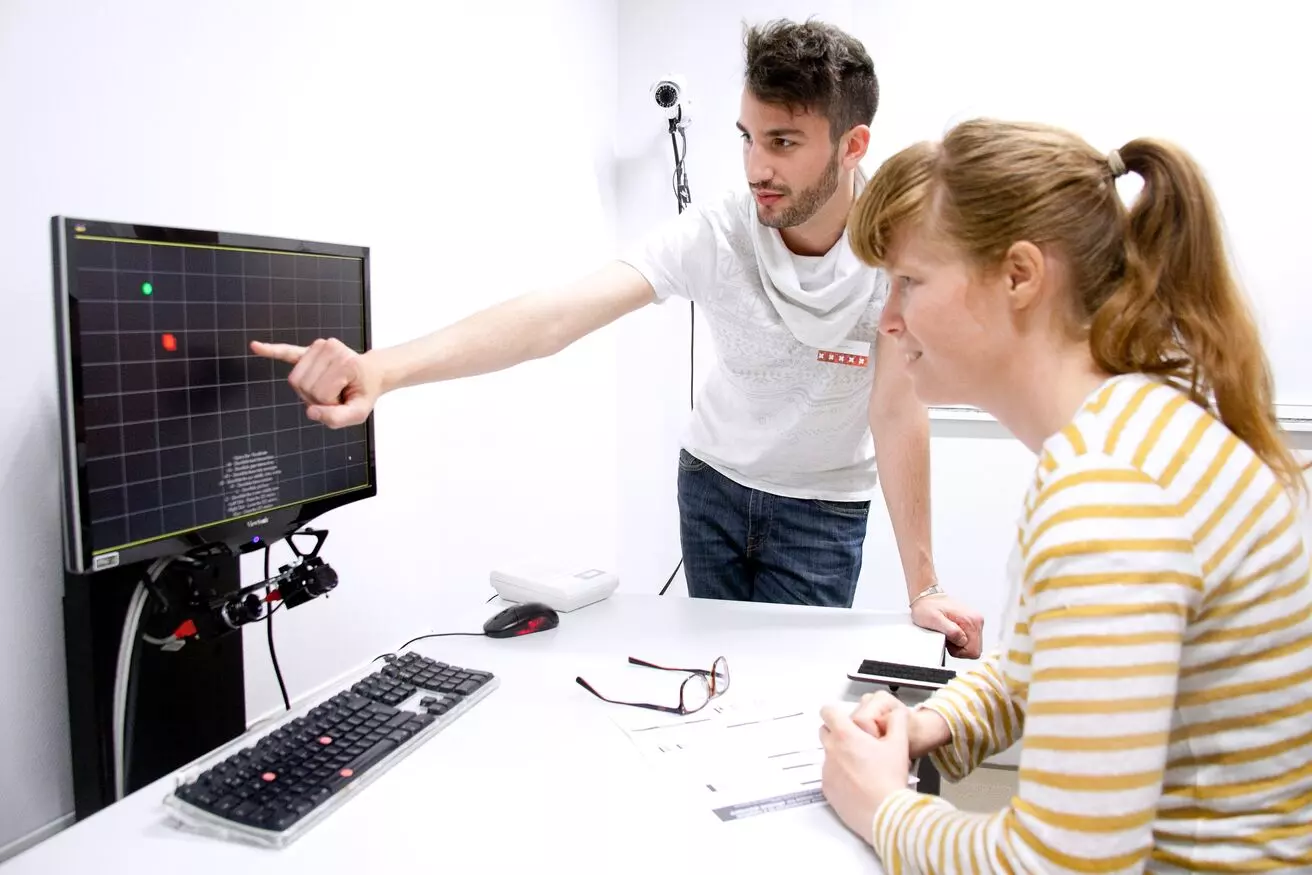Not found

More vacancies
.jpg)
AI-Enhanced Digital Twin Architecture, Integration, and Critical Quality Execution
- Faculty of Science
- €2.901 - €3.707
- Closes on01-07-2025
- Master's
- 38 hours
We are looking for a PhD candidate to research "AI-Enhanced Digital Twin Architecture, Integration, and Critical Quality Execution" in the context of Dutch Research Council funded Large Scale Research Infrastructure LTER-LIFE.
View vacancy

PhD Position on Causal Multimodal Foundation Models
- Faculty of Science
- €2.901 - €3.707
- Closes on30-07-2025
- Master's
- 38 hours
Are you passionate about enabling foundation models to reason, explore, and discover causality like scientists do?
View vacancy

Postdoc Position in Modelling at Different Scales of Life
- Faculty of Science
- €3.378 - €5.331
- Closes on31-08-2025
- PhD
- 38 hours
Are you passionate about research that tackles health inequalities from the earliest stages of life? Do you enjoy working in an interdisciplinary research setting? The Computational Science Lab is looking for an ambitious Post-Doctoral researcher. Your research will be part of the MetaHealth project.
View vacancy
This website uses cookies
We, and third parties, use cookies on our website. We use cookies to ensure that our website functions properly, to store your preferences, to gain insight into visitor behavior, but also for marketing and social media purposes (showing personalized advertisements). By clicking 'Accept', you agree to the use of all cookies. In our Cookie Statement. you can read more about the cookies we use and save or change your preferences. By clicking 'Refuse' you only agree to the use of functional cookies.
